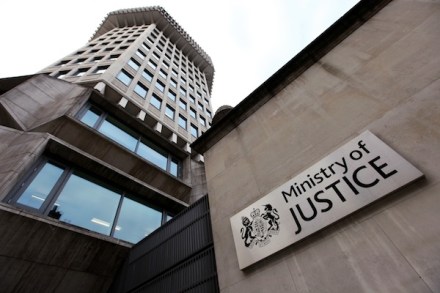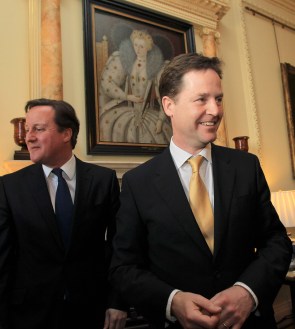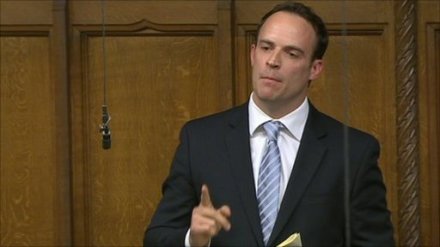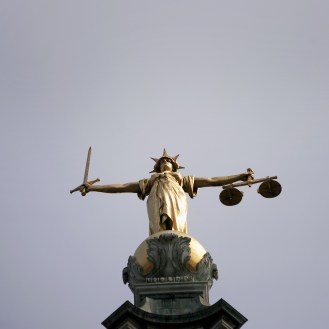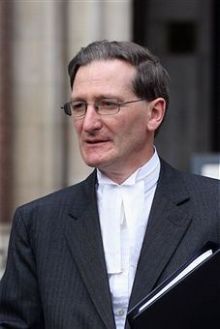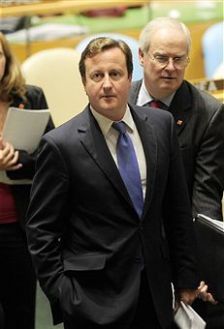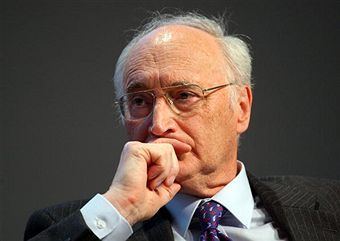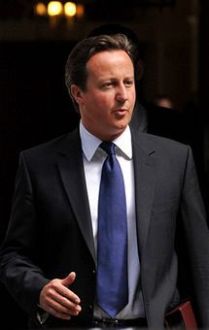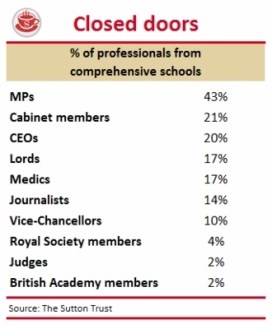Rodney King and compensation
The late Auberon Waugh advised his readers to reflect on the case of David Flannigan when considering the munificent compensation often awarded to people after awful events. Mr Flannigan had been estranged from his parents for two years before the night of 21 December 1988, when Pan Am Flight 103 fell onto the family’s house in Lockerbie, killing all but one other member of his immediate family. Through a thoughtless, inhumane, process of compensation Flannigan (who had been a spray-painter) became a millionaire. Just over five years later, at the age of 24 — after fast cars, drink and drugs — he was found dead at a beach resort in



